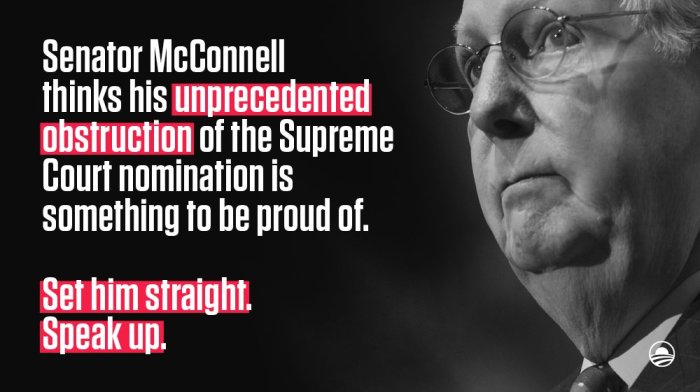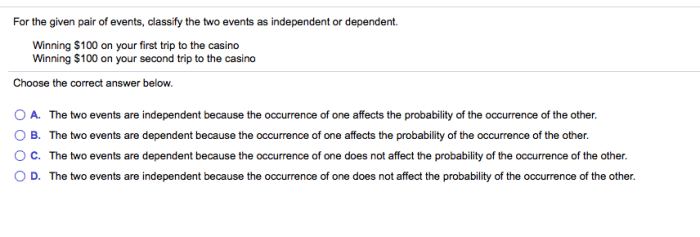The president’s success is most dependent on winning over key stakeholders, including the public, media, and domestic and international allies. This captivating narrative explores the intricate interplay between these relationships and their profound impact on presidential leadership.
Public opinion, shaped by media coverage and the president’s ability to craft a compelling narrative, plays a pivotal role in shaping the president’s agenda and policymaking. Building and maintaining alliances, both domestically and internationally, is crucial for advancing the president’s priorities and overcoming political gridlock.
The President’s Agenda and Legislative Priorities: The President’s Success Is Most Dependent On Winning Over

The president’s agenda is shaped by a variety of factors, including their political beliefs, the priorities of their party, and the needs of the country. The president’s legislative priorities are typically Artikeld in their State of the Union address and in their budget proposal.The
president’s agenda and legislative priorities are often ambitious, and they can be difficult to pass in the current political climate. The president’s party may not control both chambers of Congress, and the opposition party may be unwilling to cooperate. This can lead to gridlock, which can make it difficult for the president to achieve their goals.Despite
the challenges, the president can still have a significant impact on policymaking. The president can use their bully pulpit to rally public support for their agenda, and they can work with members of Congress to find common ground. The president can also use their executive authority to implement policies without the need for congressional approval.
Challenges and Opportunities for Passing Legislation in the Current Political Climate, The president’s success is most dependent on winning over
The current political climate is characterized by partisan gridlock, which makes it difficult for the president to pass legislation. The president’s party may not control both chambers of Congress, and the opposition party may be unwilling to cooperate. This can lead to gridlock, which can make it difficult for the president to achieve their goals.Despite
the challenges, the president can still have a significant impact on policymaking. The president can use their bully pulpit to rally public support for their agenda, and they can work with members of Congress to find common ground. The president can also use their executive authority to implement policies without the need for congressional approval.
Potential Impact of the President’s Agenda on Various Stakeholders
The president’s agenda can have a significant impact on various stakeholders, including businesses, consumers, and environmental groups. The president’s policies can affect the economy, the environment, and the social fabric of the country.Businesses are often concerned about the impact of the president’s policies on their bottom line.
Consumers are concerned about the impact of the president’s policies on their pocketbooks. Environmental groups are concerned about the impact of the president’s policies on the environment.The president’s agenda can have a positive or negative impact on these stakeholders. For example, the president’s policies can help to create jobs, raise wages, and protect the environment.
However, the president’s policies can also lead to higher taxes, inflation, and environmental degradation.
Essential Questionnaire
What factors influence public opinion of the president?
Public opinion is influenced by the president’s policy initiatives, personal qualities, media coverage, and the overall political climate.
How does media coverage shape the president’s narrative?
Media coverage can amplify or diminish the president’s message, influence public perception, and set the agenda for political discourse.
What are the benefits of building strong domestic and international alliances?
Alliances provide support for the president’s agenda, enhance diplomatic influence, and foster cooperation on critical issues.


